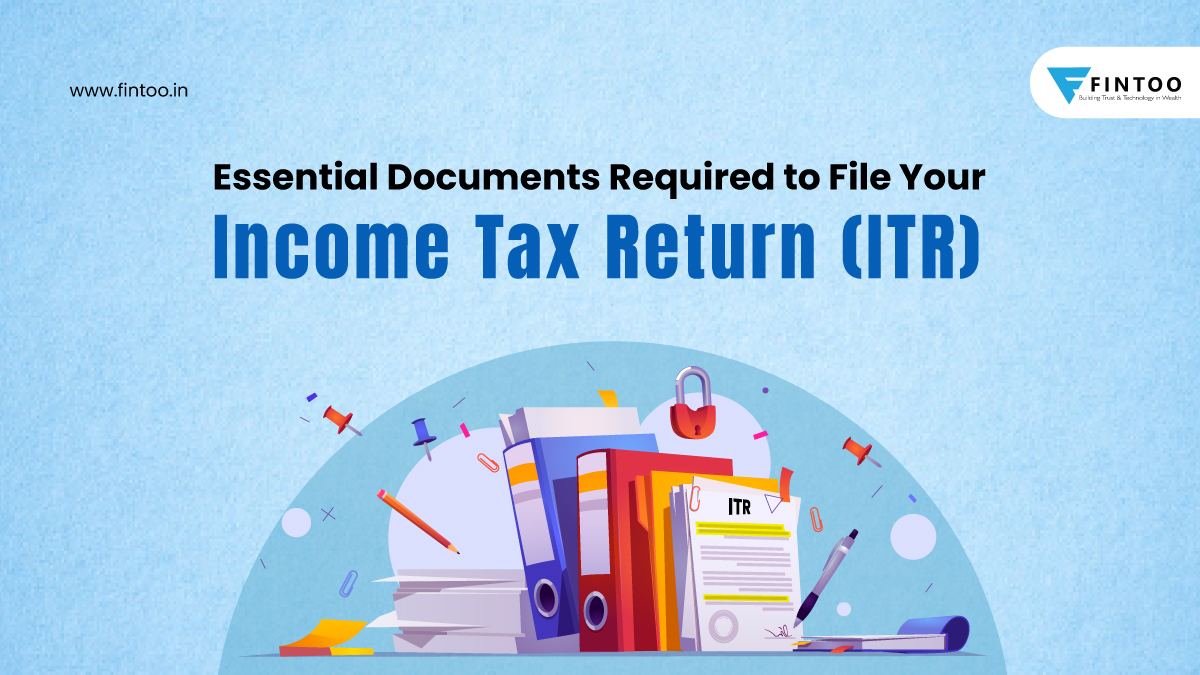Essential Documents Needed to Sell Your Car Easily

Whether you're upgrading to a new vehicle, downsizing, or just looking to simplify your life, selling your car can be quite an adventure. Yet, the process might seem overwhelming with all the documentation involved. Here's a comprehensive guide to ensure you have all the essential documents to sell your car easily:
Proof of Ownership

Before any sale can take place, you need to prove you’re the legal owner of the vehicle:
- Car Title - This document establishes your ownership. Ensure the title is in your name, and if it’s not, you’ll need to transfer it.
Valid Registration

Registration is not just a formality; it’s a legal requirement:
- Make sure your car’s registration is up-to-date to reassure potential buyers of its legality on the road.
Vehicle History Report

Providing a vehicle history report can build trust:
- Services like Carfax or AutoCheck offer a detailed history of the vehicle, which can include past owners, accidents, or major repairs.
💡 Note: Providing a vehicle history report can increase buyer confidence and possibly increase the selling price.
Maintenance Records

Keeping detailed records of all maintenance can be a real plus:
- This includes oil changes, tire rotations, repairs, and service visits. They show the vehicle has been well-cared for.
Emissions Test

In areas with emissions regulations, a current emissions test certificate is essential:
- Ensure you have the latest emissions test result to show your car meets environmental standards.
Release of Lien

If your car was financed, you’ll need to clear this with your lender:
- If you’ve paid off your loan, get a release of lien to prove ownership has been fully transferred to you.
Bill of Sale

A bill of sale serves as a legal record of the sale:
- It should detail the car’s make, model, mileage, sale price, date, and signatures from both parties.
📝 Note: While you can create your own bill of sale, templates are available online or from DMV websites for convenience.
Odometer Disclosure Statement

This statement is legally required to prevent odometer fraud:
- Ensure the mileage is accurate and matches what you’re stating in the sale.
Release of Liability

Once you sell your car, file this document to protect yourself:
- It legally absolves you of any responsibility for the vehicle post-sale.
As-Is Documentation

If you’re selling your car “as-is,” this document informs buyers:
- It states the vehicle is sold without any warranty or promise of condition, protecting both parties.
Equipped with these documents, you're well-prepared to facilitate a smooth sale of your car. Potential buyers will appreciate the transparency, and you'll ensure all legalities are covered, giving you peace of mind. Here are some tips for organizing and presenting these documents:
- Organize - Keep all documents in a clear, orderly file or binder for easy review.
- Highlight - Mark key points or certifications on documents for quick reference.
- Be Transparent - Disclose any past issues or damages honestly to foster trust.
When selling your car, having all the necessary documentation not only expedites the sale but also establishes you as a credible and trustworthy seller. Proper preparation ensures that the process is straightforward, legal, and, hopefully, financially rewarding.
What if I can’t find the original car title?

+
If you’ve misplaced the original title, you can request a duplicate from your state’s DMV. This process might require a fee and could take some time, so it’s wise to start this early.
Can I sell my car without an emissions test?

+
In areas where emissions tests are mandatory, it’s illegal to sell a car without a current certificate. Some states might offer exemptions for specific reasons, so check your local regulations.
Do I need a notary for the sale?

+
While not always required, having documents notarized can add a layer of legal protection and credibility to the sale. Some states require notarization for certain documents, so verify your local laws.